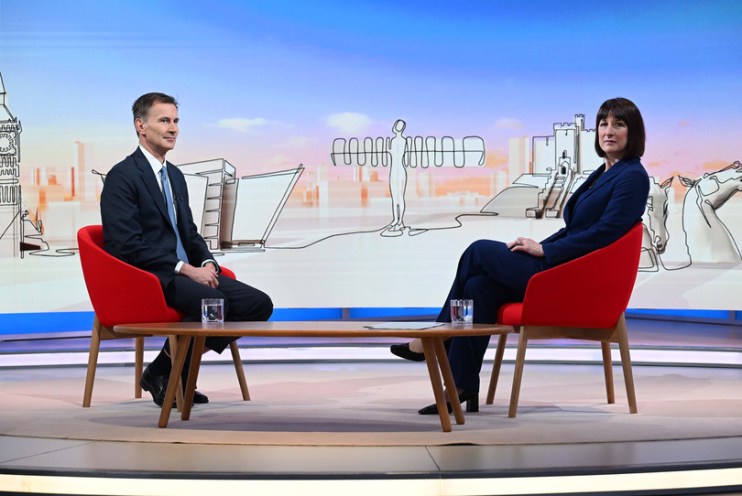Analysis: Where does the Autumn Statement leave Labour?

A business bonanza budget, Tory tax cuts and even a shout out to local pubs: Rishi Sunak and Jeremy Hunt chose today as the – unofficial – start of the general election campaign.
But for lucky general-in-chief Sir Keir Starmer and his merry men and women, who haven’t been shy in demanding one for weeks now, it’s been a long time coming.
As much as the Tories want to turn the page on the Trussites and their own track record, they are still faced with opponents who will do just about anything to remind the public of it.
Talk in Westminster pretty much instantly turned to chatter about a spring ballot, almost as soon as the words “January emergency legislation” on lowering National Insurance contributions were out of the Chancellor’s mouth.
Labour HQ is, as you’d expect, ready for whenever a vote is called. One source told City A.M. the only date they’d rule out was January 2025, branding such a late bid “hugely desperate”.
But whenever an election may be, Labour don’t seem to think today’s measures have added much to the story.
Despite welcoming the freeze on booze duty, as one MP joked, nothing much in the package “changes the centre of political gravity”.
Party activists don’t appear to see it as a game changer, and question whether a business focused slate of policies will cut through to their voters on the doorstep.
Labour Together’s Josh Williams branded it “short-term game playing” and a “return to austerity”, adding: “Our tax burden is still on course to reach a post-war high.
“If they’re gearing up for an election, this wasn’t the Autumn Statement they needed.”
Deltapoll’s Joe Twyman put it similarly. “Polls have been embedded for 24 months… the main issue for the Conservatives now is whether this is 1997 – when no one trusted them and no one was paying attention.
“It’s either a turning point or a talking point, and I think this is almost certainly a talking point.”
One trap Hunt may have successfully laid is his choice to cash out headroom and go big on tax cuts – or “pre-election gimmicks”, according to the Fabian Society’s Andrew Harrop.
This may leave the party short on cash for the rising demand of public services, should they come into power.
Time then, as Labour will see it, over the next six – or possibly 12 – months, for Starmer’s people to turn all of that talking into action.
